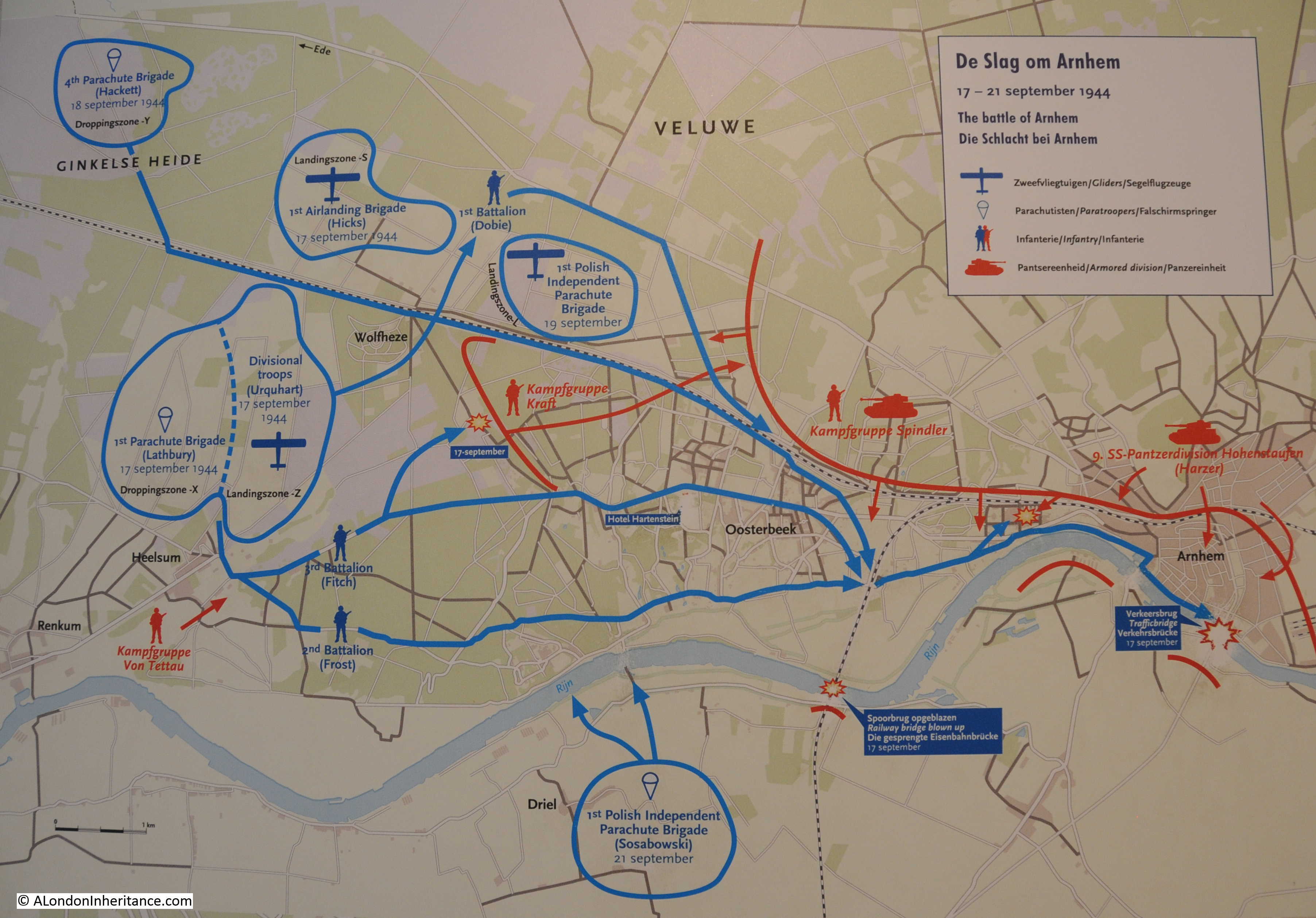Recently listened to an episode of We Have Ways of Making you Talk, which is a WW2 focused podcast by a couple of guys in England. Heard about it on this board. They discussed the top 5 Victories and Top 5 Blunders of WW2 for the UK. So that leads to the question, what would they be for the US? As examples, here are what they had for the UK. No particular order after the first one under each. As you can see, it can range from a single battle to a war long campaign.
Victories:
Battle of the Atlantic
D-Day
Strategic Bombing Campaign
Battle of Britian
Imphal/Kohima
Blunders:
Singapore
Crete
Fall of Tobruk
1st Arakan Offensive
Malta (not sending Hurricanes earlier)
My list for the US:
Victories
Midway
Invention of Nuclear Bomb (led to not invading mainland Japan)
Development of the Proximity fuze (Might seem small but this was big in the pacific
Tunisian Campaign - Not perfect but it allowed the US to figure things out and ended in the capture of a large number of Axis soldiers plus really heavy losses for the Luftwaffe
Battle of the Philippine Sea - Could argue the 2nd biggest knockout of Japan's navy after Midway.
Blunders:
Pearl Harbor (bit hard to put on here since it was a surprise, but its hard not to call it a blunder due to the losses)
Battle of the Bulge (getting caught off guard)
Fall of the Philippines
Early losses to Uboats - Slow reaction and lack of use of British knowledge for anti-submarine techniques early in war for the US leading to the 2nd Happy Time for Uboats.
Battle of Peleliu - I thought about the Hurtgen Forest here as well for similar reasons, huge losses for little gain even if we did "win"
Victories:
Battle of the Atlantic
D-Day
Strategic Bombing Campaign
Battle of Britian
Imphal/Kohima
Blunders:
Singapore
Crete
Fall of Tobruk
1st Arakan Offensive
Malta (not sending Hurricanes earlier)
My list for the US:
Victories
Midway
Invention of Nuclear Bomb (led to not invading mainland Japan)
Development of the Proximity fuze (Might seem small but this was big in the pacific
Tunisian Campaign - Not perfect but it allowed the US to figure things out and ended in the capture of a large number of Axis soldiers plus really heavy losses for the Luftwaffe
Battle of the Philippine Sea - Could argue the 2nd biggest knockout of Japan's navy after Midway.
Blunders:
Pearl Harbor (bit hard to put on here since it was a surprise, but its hard not to call it a blunder due to the losses)
Battle of the Bulge (getting caught off guard)
Fall of the Philippines
Early losses to Uboats - Slow reaction and lack of use of British knowledge for anti-submarine techniques early in war for the US leading to the 2nd Happy Time for Uboats.
Battle of Peleliu - I thought about the Hurtgen Forest here as well for similar reasons, huge losses for little gain even if we did "win"



